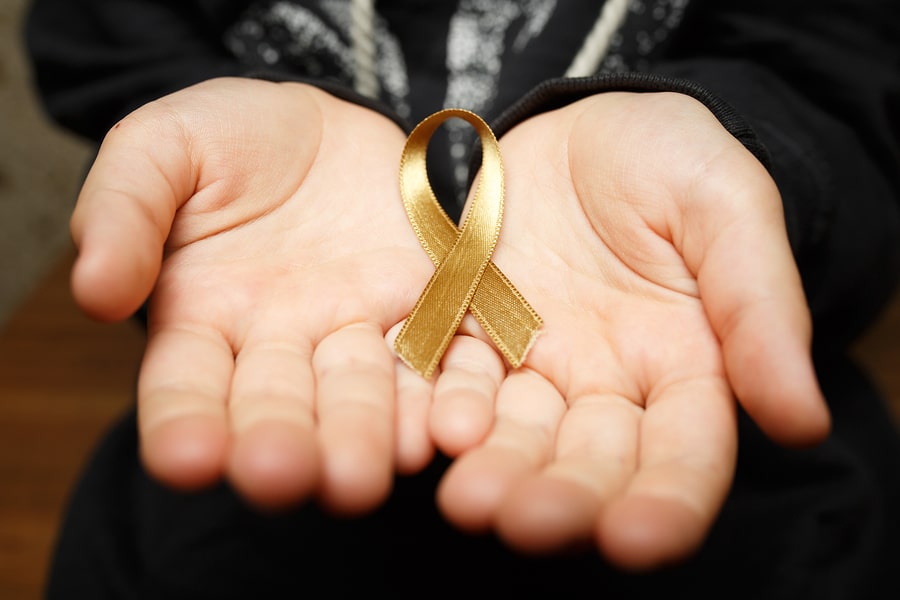According to research conducted by the International Agency for Cancer Research, Australia has the highest five-year survival rates for certain types of cancer. The study, which was published in The Lancet Oncology, was undertaken to explore disparities between cancer survival rates internationally. The research analysed survival rates of more than 3.9 million cancer patients over 20 years in seven high-income countries – Australia, Canada, Denmark, Ireland, New Zealand, Norway and the United Kingdom. For oesophageal, stomach, colon, rectum and pancreatic cancer Australians were found to have the highest five-year survival rate. For lung and ovarian cancer, survival rates were higher in Canada and Norway. For pancreatic cancer the five-year survival rate for Australians was 14.6 percent and only 7.9 percent in the United Kingdom which also had the lowest survival rates for rectal cancer and lung cancer.

Overall cancer survival rates have been increasing with Ireland showing the greatest improvement among the 19 jurisdictions studied. Within Australia, Western Australia had the highest five-year survival rates for ovarian, colon, pancreatic and stomach cancer. High cancer survival rates in Australia are attributed to early detection while Cancer Research UK claims the lower rates in Britain are attributed to how long it takes patients to get a diagnosis and access treatment.
By the end of this year there will have been 50,000 cancer-related deaths and 145,000 cancer diagnoses in Australia. Cancer Council Australia, a leading charity which supports people whose lives have been impacted by cancer, has welcomed the findings but stress the need to continue working to improve the survival rates of particular cancers and a more equitable spread of resources and treatment options. According to Cancer Council Australia almost 7 in 10 Australians will survive at least five years after a cancer diagnosis but that some communities have significantly lower survival rates than the national average.
Antibiotic use may reduce cancer survival rates
Meanwhile research undertaken by scientists at the Imperial College London has found that patients taking antibiotics in the month before immunotherapy have a dramatically reduced chance of survival. The study involved 196 cancer patients across two hospitals and found that patients who had taken broad-spectrum antibiotics had noticeably worse responses to a type of immunotherapy called checkpoint inhibitors.
Immunotherapy is successful in around one in five patients but currently it is difficult to predict which patients will respond well to the treatment. The findings of the research, which was published in JAMA Oncology, may influence clinical practice for cancer patients about to start immunotherapy.
